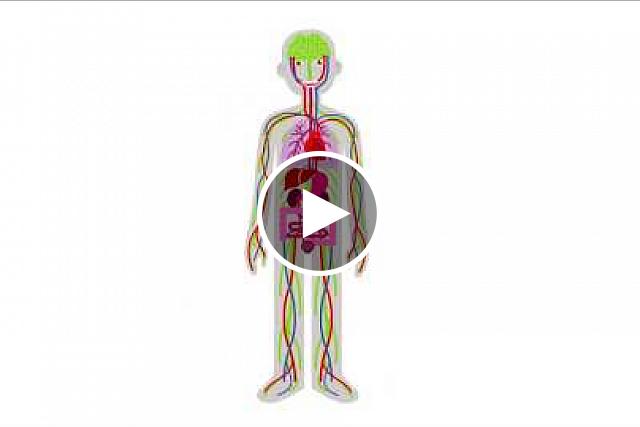You are here
News Release
Tuesday, August 14, 2018
New NIH reference book is one-stop resource for diabetes medical information
“Diabetes in America” sheds light on national burden of diabetes.

Diabetes affects a body from head to toe. Now there’s a resource that illustrates its effect on both – and all the parts in between.
Thanks to research, what we know about diabetes and how to treat it has grown vastly over time. Now, researchers at the National Institute of Diabetes and Digestive and Kidney Diseases (NIDDK), part of the National Institutes of Health – along with leading diabetes experts from around the country and world – have developed the third edition of a reference designed to be a one-stop source for crucial scientific information on diabetes and its complications: “Diabetes in America.”
The resource is designed to be useful to a variety of audiences. Through “Diabetes in America,” patients can better understand their condition, and practitioners can determine the likelihood that their patients will develop diabetes or associated complications. Health policy makers can use the resource to help guide decision-making, while scientists can use the resource to identify areas of needed research to advance care for people with or at risk for diabetes.
“′Diabetes in America′ was written to serve as the go-to book for anything you ever wanted to know about diabetes,” said Catherine Cowie, Ph.D., editor of “Diabetes in America” and senior advisor for the NIDDK Diabetes Epidemiology Program. “It’s a resource for everyone, because diabetes affects just about everyone, from the more than 110 million Americans with or at risk for the disease to the many more people who care for them.”
Covering the spectrum of diabetes, the book describes data and trends in the United States, complications of diabetes and related conditions, and prevention and medical care, including outlining major diabetes research findings. The effects of age, race, ethnicity, and other factors are also examined, helping practitioners develop individualized treatment plans and patients understand their unique risks and protections.
The book reports on well-known complications of diabetes, such as heart, eye, kidney and nerve diseases, and also shows the connection between diabetes and other serious conditions, including cancer, dementia, bone fractures, and urinary incontinence.
“Diabetes doubles the risk of many devastating conditions in the body, from hearing loss to heart disease to nonalcoholic fatty liver disease. With this third edition of ‘Diabetes in America,’ we hope to shine a light on the many consequences of this costly and chronic disease, and how research continues to improve the outlook for people with or at risk for diabetes or its complications,” said NIDDK Director Griffin P. Rodgers, M.D. “Written by leading experts, this guide provides everyone with crucial information about the toll of diabetes on Americans and gives scientists a resource to identify necessary research to improve health for all people with diabetes.”
“Diabetes in America” also presents points of hope found through research:
- Type 2 diabetes can be prevented or delayed. The NIDDK-funded Diabetes Prevention Program (DPP) found that people who are at high risk for type 2 diabetes can prevent or delay the disease by losing a modest amount of weight. A DPP-based intervention has since been disseminated nationwide.
- People with type 1 diabetes are living longer, healthier lives. Findings from landmark NIDDK-funded research has made early and intensive blood glucose control the standard treatment worldwide for type 1 diabetes, contributing to longer life expectancies.
- Rates of some complications are declining. Improvements in management of diabetes have led to a decline in the frequency of some complications of diabetes. For example, the number of adults with diabetes requiring lower extremity amputations has decreased.
“′Diabetes in America′ shows that though much progress has been made in understanding and managing diabetes, and in preventing type 2 diabetes, we are still on a long journey to good health for all,” Cowie said. “We hope this edition, the first in more than 20 years, will help educate people so we can lessen this burden for everyone.”
The NIDDK, part of the NIH, conducts and supports basic and clinical research and research training on some of the most common, severe, and disabling conditions affecting Americans. The Institute’s research interests include diabetes and other endocrine and metabolic diseases; digestive diseases, nutrition, and obesity; and kidney, urologic, and hematologic diseases. For more information, visit www.niddk.nih.gov.
About the National Institutes of Health (NIH): NIH, the nation's medical research agency, includes 27 Institutes and Centers and is a component of the U.S. Department of Health and Human Services. NIH is the primary federal agency conducting and supporting basic, clinical, and translational medical research, and is investigating the causes, treatments, and cures for both common and rare diseases. For more information about NIH and its programs, visit www.nih.gov.
NIH…Turning Discovery Into Health®

